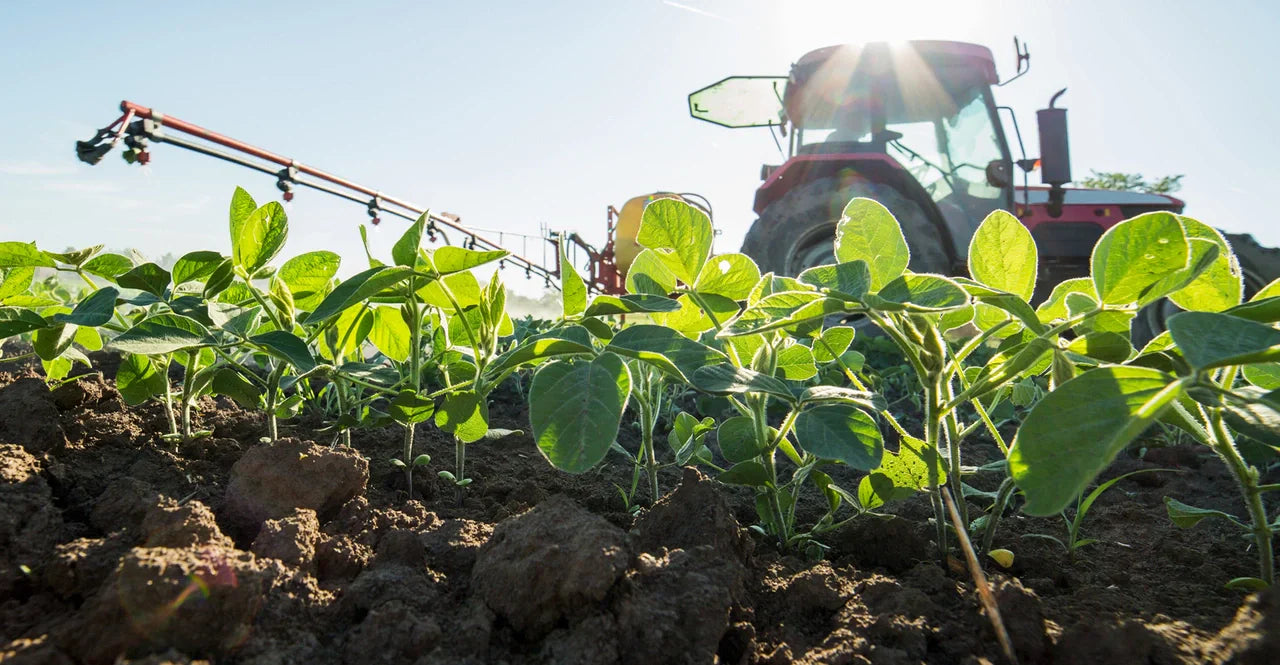
The Art of Herbicide Application: Droplet Size and Beyond
The Art of Herbicide Application: Droplet Size and Beyond
Effective weed control is a cornerstone of successful agriculture and landscaping. While choosing the right herbicide is vital, how you apply it can make all the difference. In this article, we'll explore the importance of droplet size in herbicide applications and its role in achieving sound weed control outcomes. We'll also delve into other factors such as spray gear calibration, the use of spray tank partners, and water volume in the mix, which together create a winning formula for effective weed management.
The Significance of Droplet Size
Droplet Size Matters
Droplet size is a critical factor in herbicide applications. The size of the droplets determines how the herbicide is delivered to the target plants.
Smaller vs. Larger Droplets
Smaller droplets are more prone to drift, potentially affecting non-target areas, while larger droplets may not provide adequate coverage.
The Goldilocks Zone
Finding the right balance in droplet size is crucial. Medium-sized droplets are often ideal for achieving optimal coverage while minimising drift.
Calibration of Spray Gear
Precision Matters
Calibrating your spray equipment ensures that you're applying the correct amount of herbicide per unit area. This precision is essential for achieving consistent results.
Equipment Check
Regularly check and maintain your spray gear to ensure it functions correctly. Leaks or blockages can lead to uneven application and reduced efficacy.
Application pressure
It is important to ensure that the operating pressure of the spray equipment is compatible with the selected nozzles to ensure consistent application.
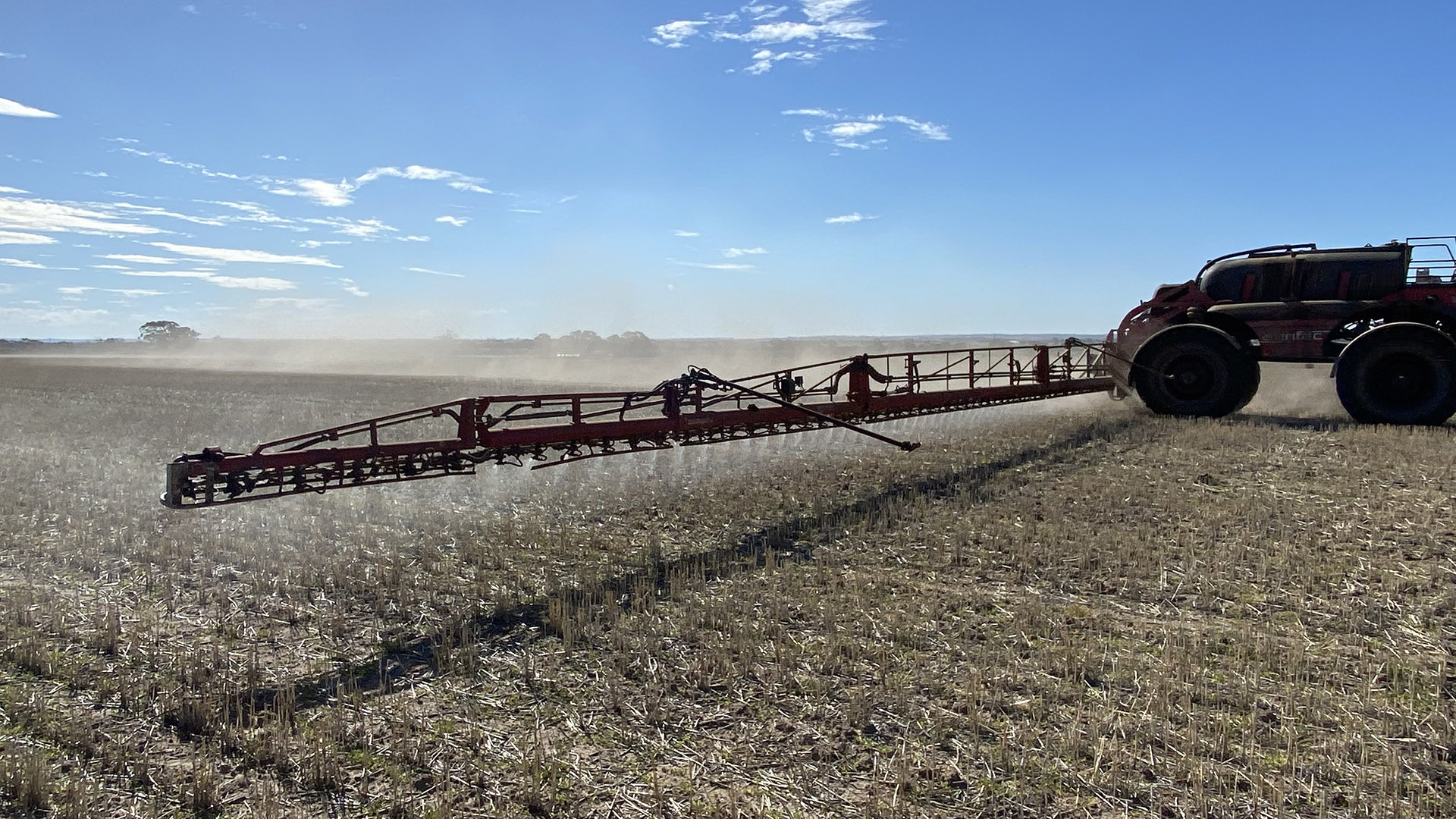
The Role of Spray Tank Partners
Enhancing Herbicide Performance
Spray tank partners, such as surfactants, adjuvants, and drift-reducing agents, can significantly enhance herbicide effectiveness.
Adjuvants and Surfactants
These products can improve herbicide coverage, penetration, and adherence to leaf surfaces, increasing overall efficacy.
Drift-Reducing Agents
Drift-reducing agents minimise the risk of herbicide drift, ensuring that the chemical reaches its intended target.
Water Volume in the Mix
Proper Dilution
The amount of water used to dilute the herbicide can influence droplet size and coverage. Follow label instructions for the recommended water volume.
Coverage and Absorption
Adequate water volume helps ensure thorough coverage of the target area and aids in the herbicide's absorption by plants.
Weather Considerations
Wind and Temperature
Weather conditions play a significant role in droplet size and drift. Avoid spraying on windy days and consider temperature and humidity factors.
Timing Matters
Choose the right time of day for herbicide application. Calm mornings or evenings are often optimal for minimising drift.
Achieving sound weed control outcomes hinges on understanding and optimising herbicide application. Droplet size is a key player in this process, as it influences herbicide coverage and penetration while minimising drift. However, it's just one piece of the puzzle.
Calibrating spray gear, using appropriate spray tank partners, and considering water volume in the mix are equally crucial factors for success. By carefully addressing each of these elements and following label instructions, you can maximise the efficacy of your herbicide applications, ensuring a healthier, weed-free landscape or crop.
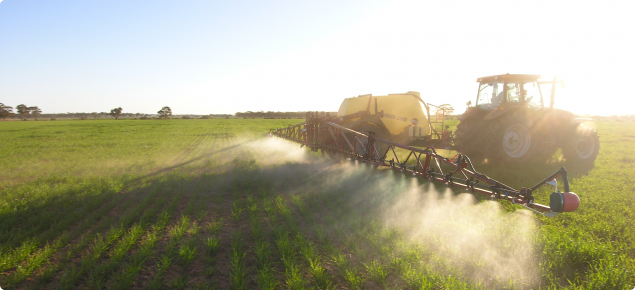
Additional content
VIEW GWS' ADDITIONAL CONTENT TO LEARN MORE ABOUT THE WEED INDUSTRY

One of the strongest arguments for Integrated Vegetation Management is not operational, it is governance based. In traditional reactive vegetation management models, decisions are often difficult t...
Read more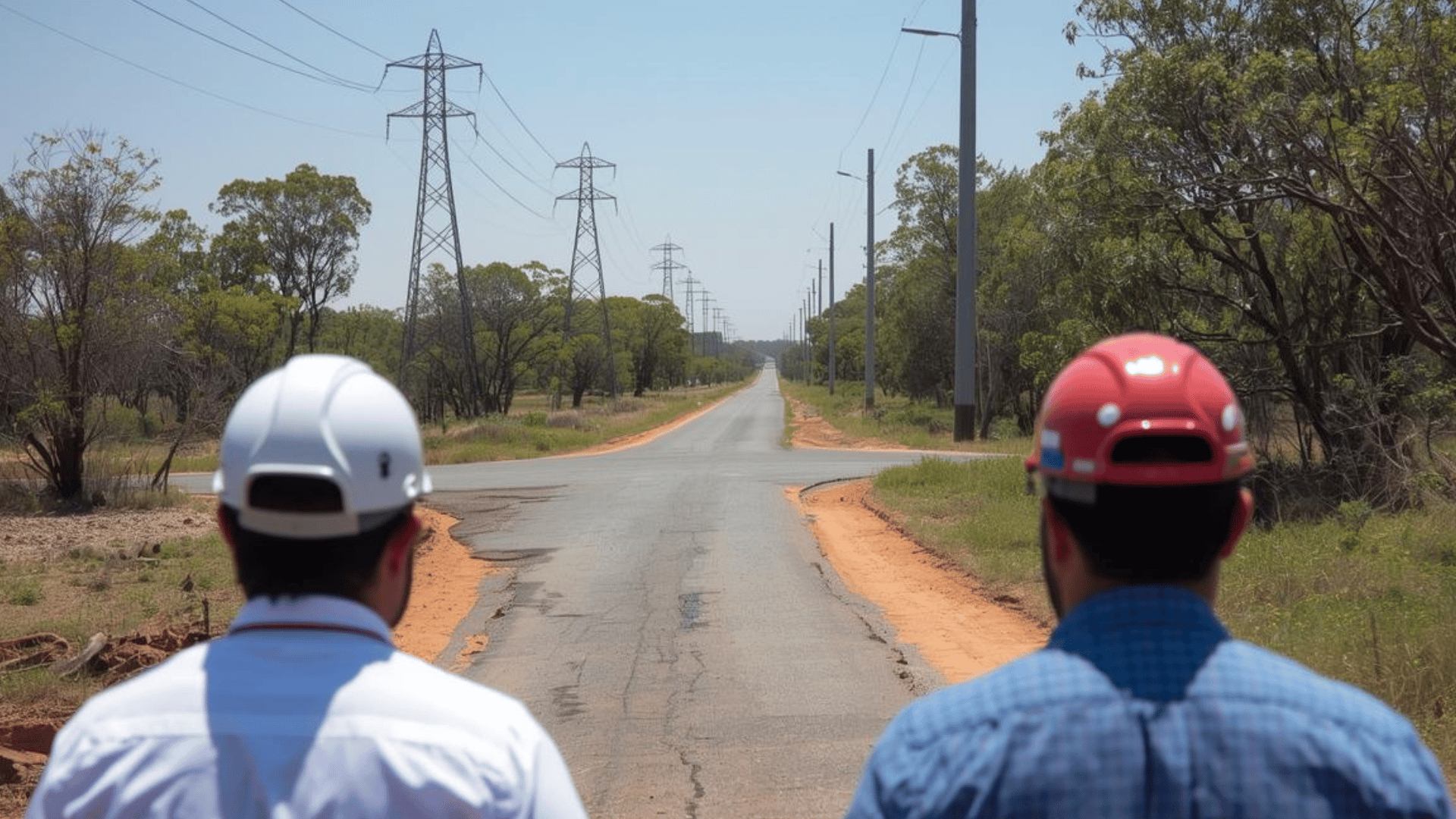
As Integrated Vegetation Management gains traction, one question consistently arises, how do we change contracting models without increasing risk or losing governance control. This concern is under...
Read more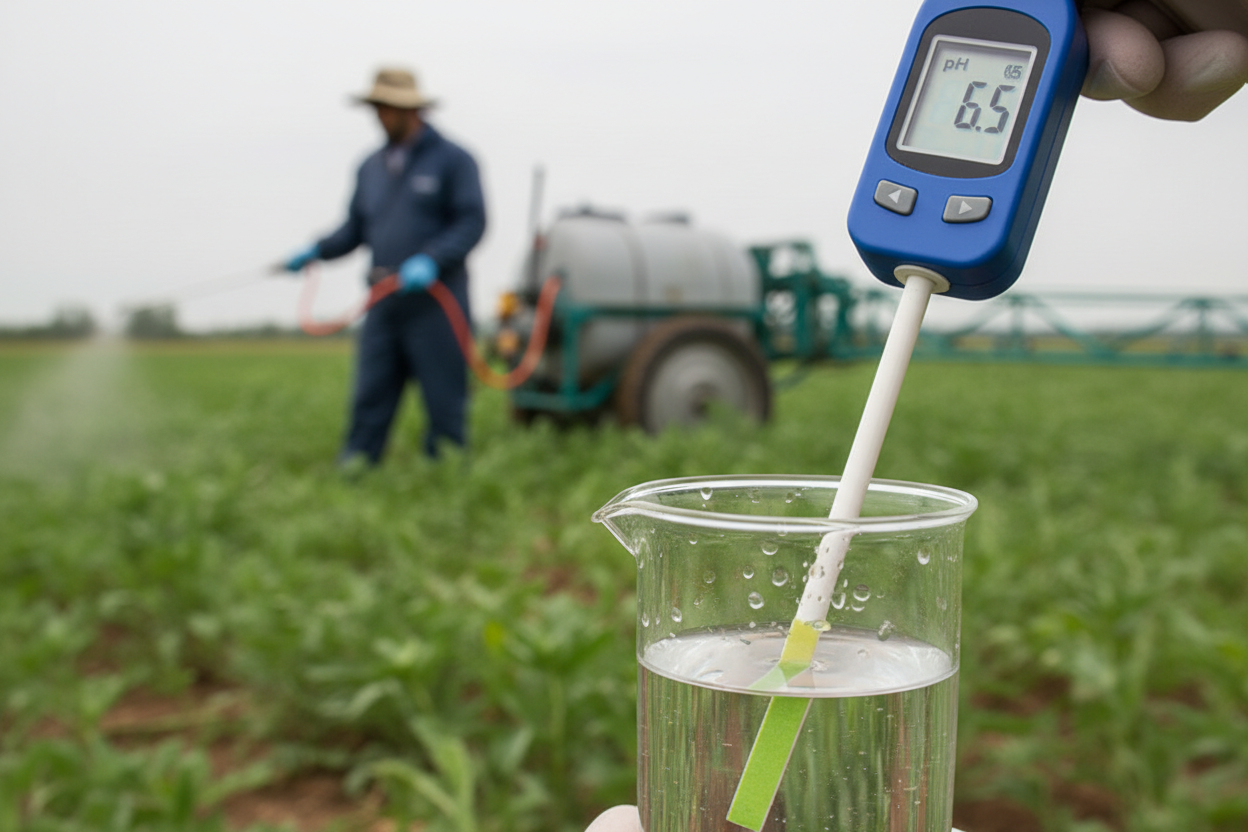
Town Water pH in Australia and Its Impact on Weak Acid Herbicides
Australian vegetation managers often assume that town water is neutral and therefore suitable for spraying without adjustment. In practice, most municipal and regional water supplies are treated to...
Read more

